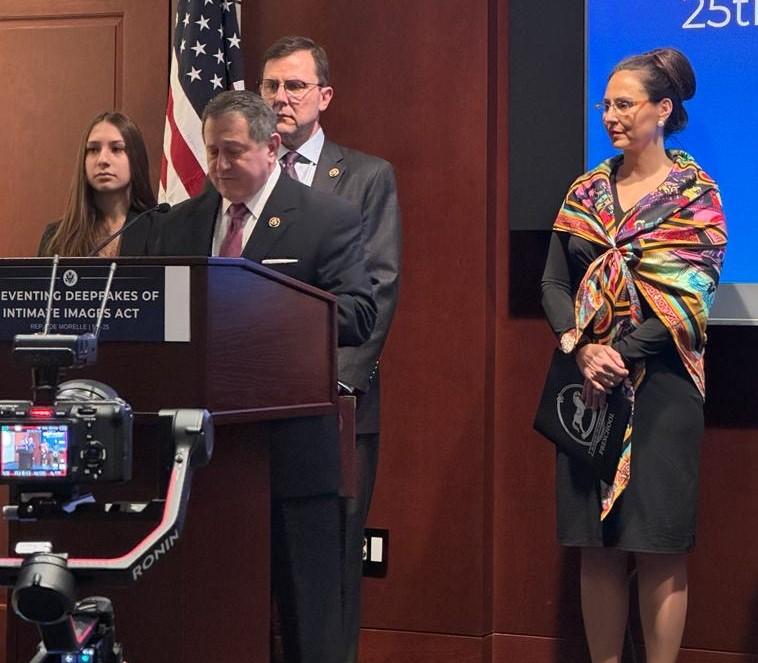Chairman of the U.S. Senate Committee on Energy & Natural Resources Sen. Joe Manchin (D-W.Va.), in a bipartisan effort led with Sen. Ted Cruz (R-Texas), on Wednesday introduced legislation to prohibit the Biden administration selling crude oil from the U.S. Strategic Petroleum Reserve (SPR) to China or any company controlled by China’s ruling Chinese Communist Party (CCP).
As described in a news release that the committee issued announcing its Protecting America’s Strategic Petroleum Reserve from China Act, the “bipartisan legislation would prohibit the sale of American crude oil from the Strategic Petroleum Reserve (SPR) to any company under the control of the Chinese Communist Party and prohibit the export of any crude oil from the SPR to China.”





